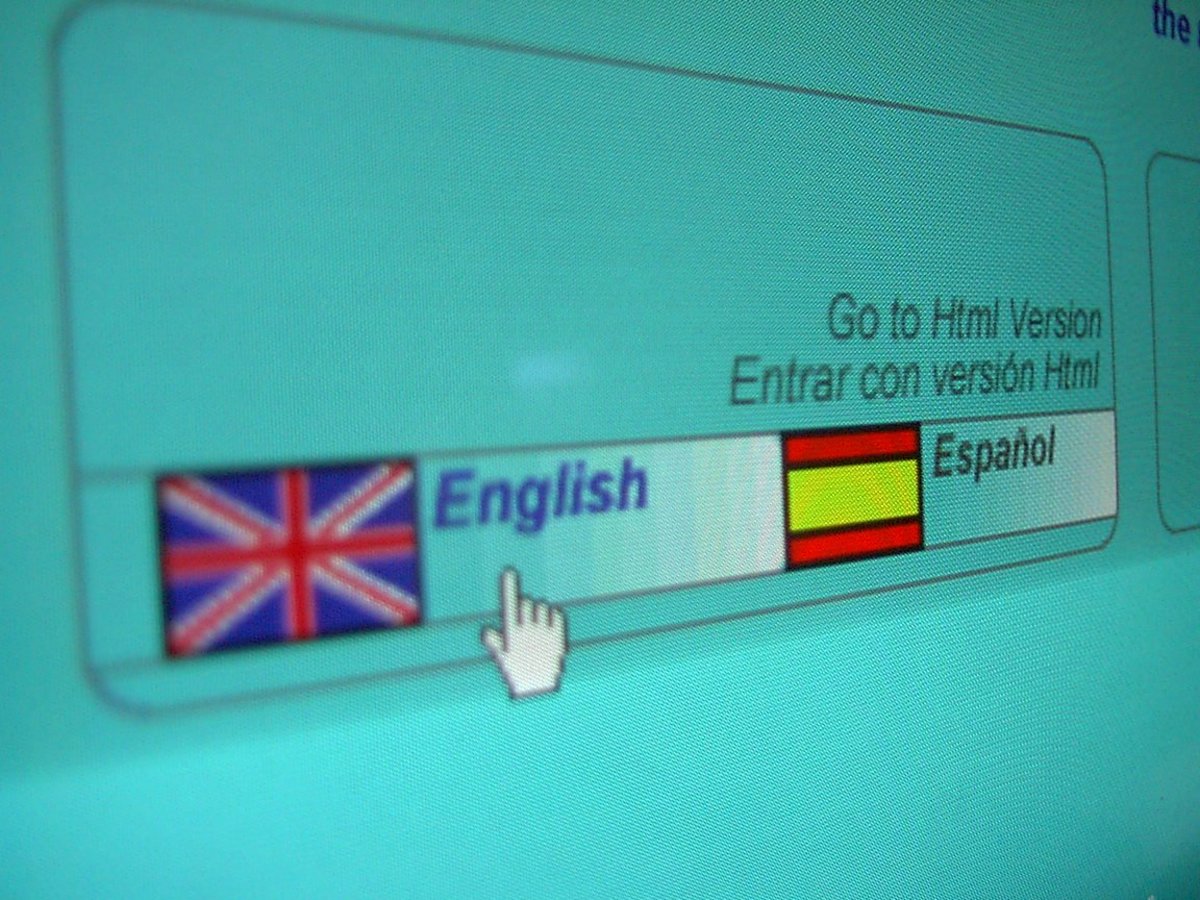Is Learning Languages the Solution to Racism?

Evaluating the problem: "racism still exists today"
With the advent of social networking sites like Facebook and Twitter ushering us into the Information Age, it certainly seems as though the world is getting smaller. The world is at our fingertips: we have ready access to a greater wealth of information than ever before and we can easily connect with people from all over the globe. Countries are no longer composed of single, native races, but increasingly of whole myriads of different races and cultures. It seems that multiculturalism is inevitable, but for how long are we willing to resist it?
As Othello critic, Germaine Greer, describes Shakespeare's crudely racist villain:
"Iago is still alive and kicking and filling migrants' letterboxes with excrement."
Indeed, despite the increased contact with different ethnic groups, racism is still evident in society today. It is a well-known issue particularly in the United States, where, making history as the first black president, Barack Obama still cops a lot of racial prejudice from opposition leaders and fellow Americans. Whilst some argue he was only elected because of his color, others label him as Muslim or anti-Christ due to his middle name, Hussein. Meanwhile, the euro crisis has revealed xenophobia throughout Europe, as economies begin to collapse and countries fail time again to come to an effective, concrete solution, instead retreating to austerity measures and increased border controls. Even in the Southern Hemisphere, Australia seems to be in denial that racial discrimination towards their own indigenous population still exists.
No matter how times are changing, we still can't seem to band together to eliminate the problem. Why? Simply because we haven't addressed its root cause: ignorance. Racism stems from our lack of understanding of cultural differences. So, the first step towards solving racial discrimination is clear. We must address ignorance and start to build understanding between different races.
Evaluating the solution: "learning languages prevents racism"
There are many benefits of learning a second language. The most obvious benefits are that you gain greater opportunities for travel, work and study abroad. However, it goes even deeper than that. Languages provide us with an invaluable insight into the lifestyles and ways of thinking of others, as they facilitate increased and more effective communication between different races. Basically, knowing multiple languages will open a portal to a whole new world. On the other hand, when we are surrounded by people speaking in a language we don't understand, we automatically shut off and feel alienated from them. The contrast between the two situations is stark.
In Western countries, one often hears about Europeans who can speak three or four languages. Yet, it is still common for many English-speakers to be monolingual. In some cases, this is partly due to geographic location. New Zealand, for example, is relatively isolated from other countries and is surrounded by the Pacific Ocean and Tasman Sea. Its closest neighbor, Australia, is another English-speaking nation. Even its indigenous Maori people mostly speak English. As a result, there seems to be a lack of urgency for New Zealanders to learn any language besides English.
Situated directly above Latin America, the United States may appear to have less of an excuse to an outsider. However, despite the growing Hispanic population, many Americans still seem adamant on maintaining their monolingual status. But surely, English speakers can't rely on their one language forever. Mandarin has already taken over as the world's most widely spoken language, with almost 1.2 billion speakers, whilst China is emerging as the economic superpower. Spanish is hardly insignificant either, with half a billion speakers in around 20 different countries.
In essence, these issues are only contributing to the greater issue of racism. Once we start to implement comprehensive language programs into education from an elementary level, we will encourage young children to grow up more receptive of foreign cultures.
However, this doesn't mean that learning languages is the entire solution. As mentioned, many a European person can speak multiple languages, yet in the continent's most critical state, xenophobia seems to be growing. Like any human rights movement, combating racism is a slow and painful process, but the evidences of success will be clear when we start taking the first steps.
For those who are still skeptical as to the benefits of learning languages, just think. Knowing an entire language is a great deal of knowledge in itself. And as we all know, knowledge is power.
Other interesting hubs and counter-arguments:
I love my ideas being challenged, so feel free to comment. I have also searched around for some other hubs I find interesting or contrary to my own opinions. Here they are...
Giving credit where credit is due
I was inspired by Peter Leeper's hub on Should Americans Learn Spanish in Kindergarten, which outlines the rapidly growing Hispanic population in the United States and the necessity for Americans to learn Spanish accordingly, before they become inundated with a race they don't understand.





